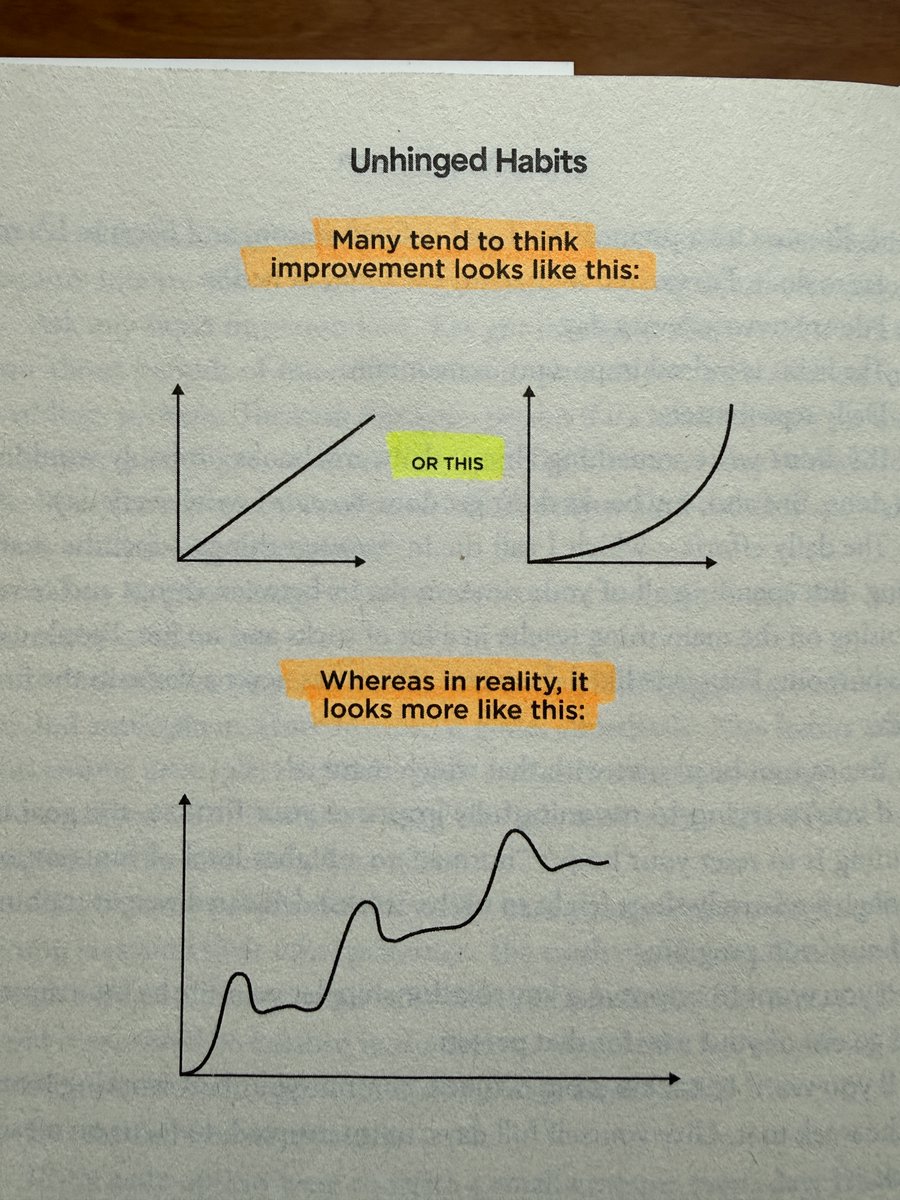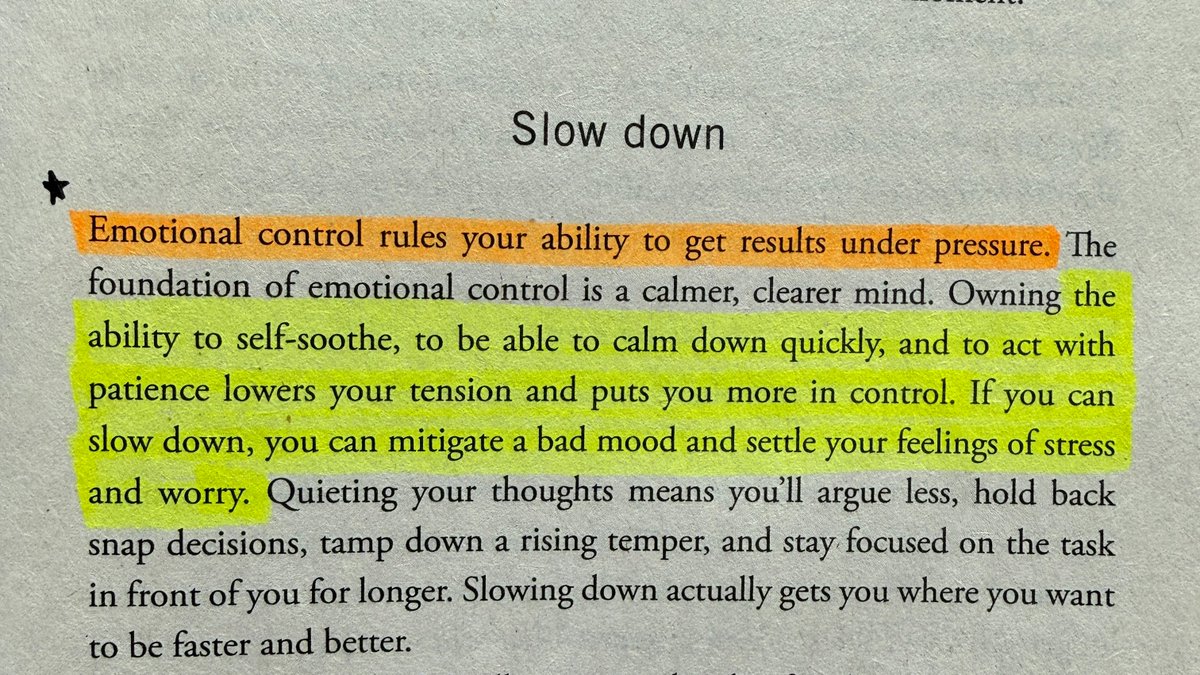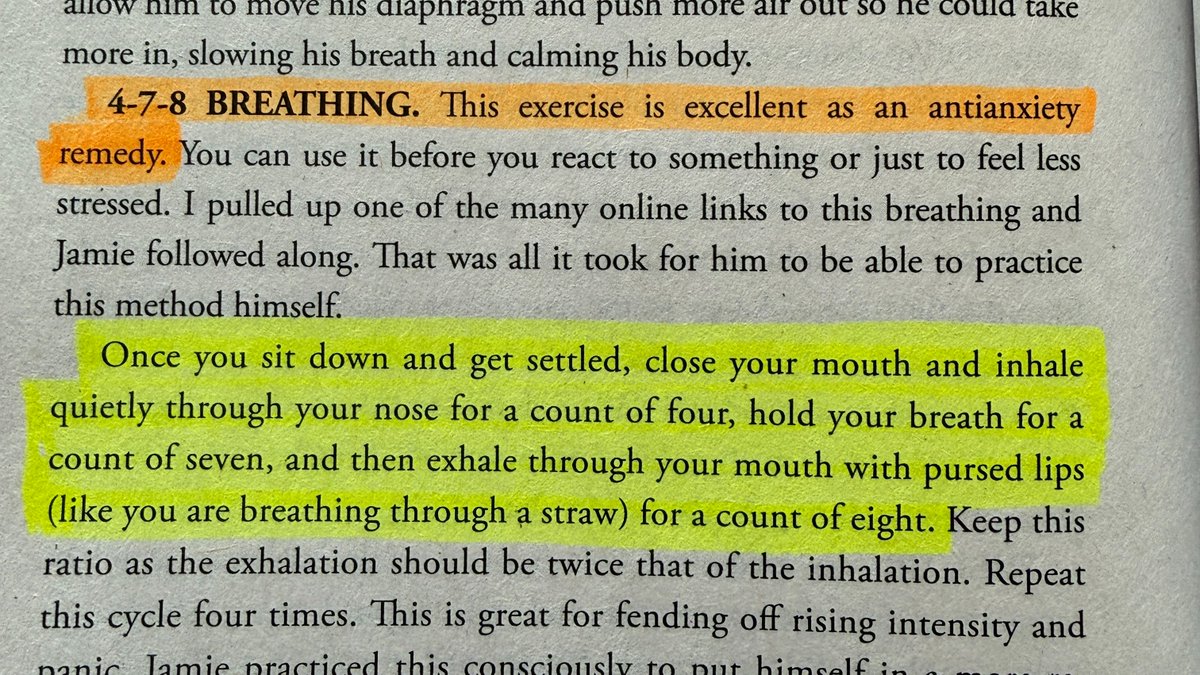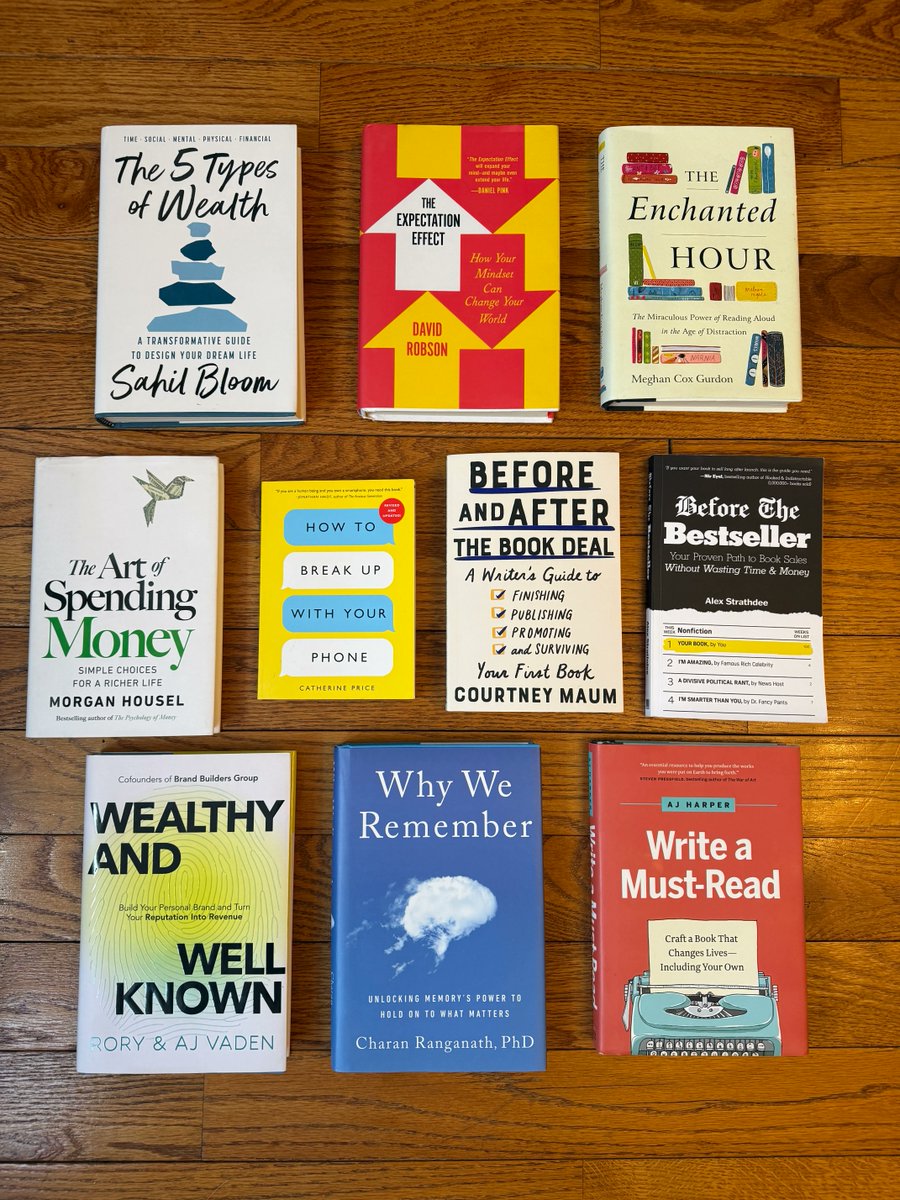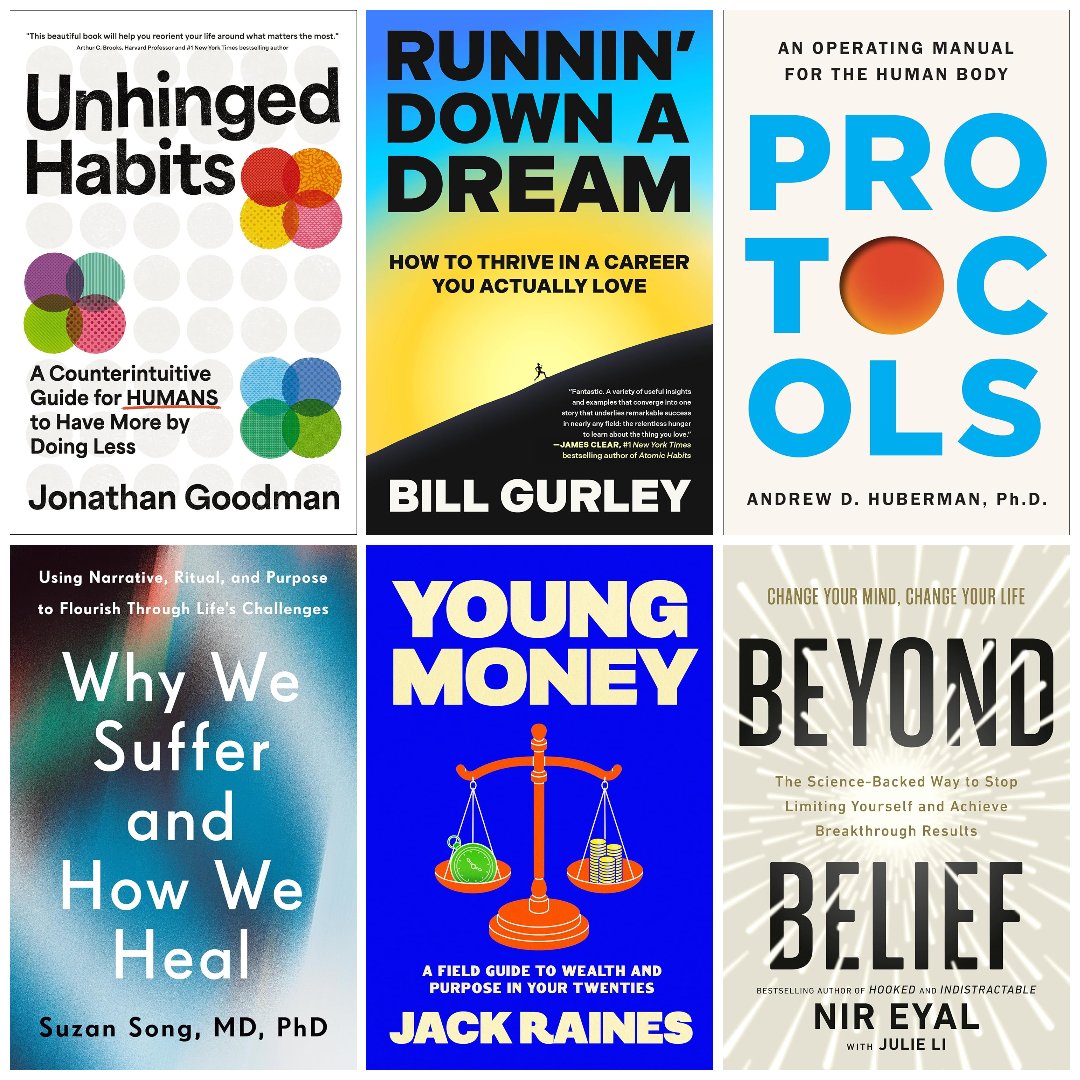1. Quit More Books
• Life is too short to waste it on average books.
• Quit books quickly and without guilt or shame.
• The opportunity cost is too high. There are so many amazing things to read.
• Life is too short to waste it on average books.
• Quit books quickly and without guilt or shame.
• The opportunity cost is too high. There are so many amazing things to read.
2. Choose Books You Can Use Instantly
• Choosing a book that you can use provides a strong incentive to pay attention and remember the material.
• Putting the ideas you read into action is one of the best ways to secure them in your mind.
• Choosing a book that you can use provides a strong incentive to pay attention and remember the material.
• Putting the ideas you read into action is one of the best ways to secure them in your mind.
3. Create Searchable Notes
• Keep notes on what you read.
• But here's the real key: store your notes in a searchable format.
• Keeping searchable notes is essential for returning to ideas easily. An idea is only useful if you can find it when you need it.
• Keep notes on what you read.
• But here's the real key: store your notes in a searchable format.
• Keeping searchable notes is essential for returning to ideas easily. An idea is only useful if you can find it when you need it.
4. Combine Knowledge Trees
• When you read something that reminds you of another topic or immediately sparks a connection or idea, don’t allow that thought to come and go without notice.
• Write about what you’ve learned and how it connects to other ideas.
• When you read something that reminds you of another topic or immediately sparks a connection or idea, don’t allow that thought to come and go without notice.
• Write about what you’ve learned and how it connects to other ideas.
5. Write a Short Summary
• Write the name of the book at the top of a blank sheet of paper, then write down how you’d explain the book to someone.
• Almost nothing reveals gaps in my thinking better than writing about an idea as if I am explaining it to a beginner.
• Write the name of the book at the top of a blank sheet of paper, then write down how you’d explain the book to someone.
• Almost nothing reveals gaps in my thinking better than writing about an idea as if I am explaining it to a beginner.
6. Surround the Topic
• Read a variety of books on the same topic.
• Dig in from different angles, look at the same problem through the eyes of various authors, and try to transcend the boundary of your own experience.
• Read a variety of books on the same topic.
• Dig in from different angles, look at the same problem through the eyes of various authors, and try to transcend the boundary of your own experience.
7. Read It Twice
• Read the great books twice.
• When you read a book twice maybe you'll catch some stuff you missed the first time around, but it's more likely that new passages and ideas will be relevant to you.
• Read the great books twice.
• When you read a book twice maybe you'll catch some stuff you missed the first time around, but it's more likely that new passages and ideas will be relevant to you.
"One book will rarely change your life, even if it does deliver a lightbulb moment of insight. The key is to get a little wiser each day." –James Clear
Source:
jamesclear.com/reading-compre…
Source:
jamesclear.com/reading-compre…
• • •
Missing some Tweet in this thread? You can try to
force a refresh



